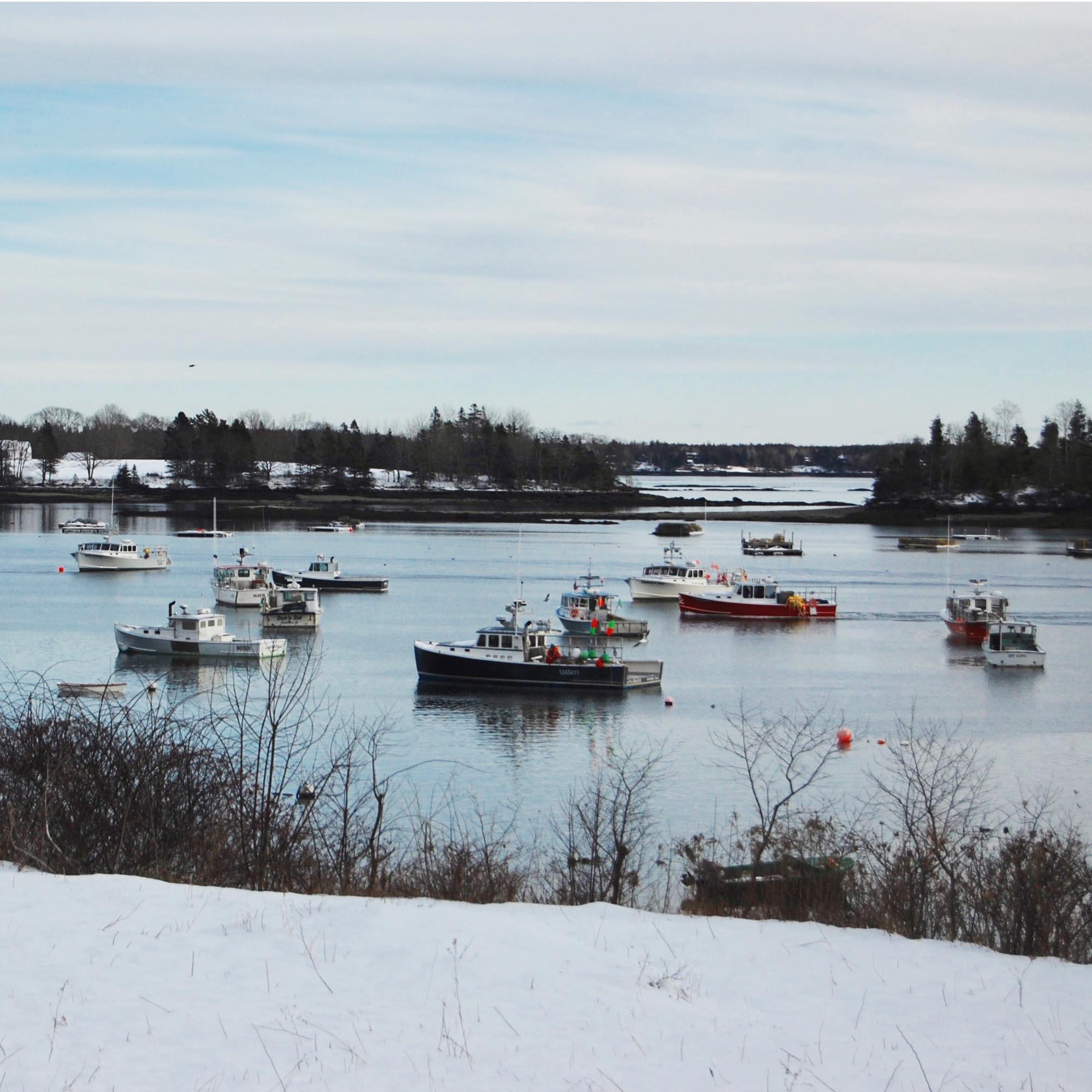
The Federal Budget Bill & Maine Lobster
We commend the compromise language passed as part of the federal budget bill to better protect both the endangered North Atlantic Right Whale, and the lobster fishery that’s critical to Maine’s coastal communities. We’re glad to know that the areas where we source lobster, which rigorous scientific study by third parties have shown are not causing harm to right whales, will not be unfairly targeted. We’re also excited that there will be funding for scientific study and gear innovation that will help restore the right whale population in the future.
This intervention was necessary to fix a broken federal management process, in which the National Marine Fisheries Service (NMFS) and National Oceanic and Atmospheric Administration (NOAA) were operating with extremely poor data to rush new regulations, many of which would not help right whales, but would cripple coastal communities. Federal regulators had neither the funding nor the time to do proper scientific study of right whale habitat and migration patterns in order to create regulations that would work. The result was looming closures of fishing areas where there is no evidence of right whale presence, or of entanglements ever happening.
The bill gives six years to decide on and implement new whale protection rules, funds scientific efforts to accurately determine whale location and migration habits, and funds the development of new types of gear. It gives the appropriate time and funding to do the scientific work to fill data gaps, model risk to right whales accurately, and to further develop the gear innovations necessary for fishermen to fish safely and effectively in the presence of right whales without rope in the water. It represents a bipartisan collaboration between legislators whose principal concern is conservation, and those whose principal concern is industry survival, achieving goals sought by both.
It should usher in an opportunity for collaboration between industry, regulators, and conservation groups to reach a scientific understanding of right whale habits and habitats, agree on any new rules necessary to ensure their recovery, provide effective ropeless gear to fishermen in areas that need it, and avoid unnecessary regulation in areas that don’t.

